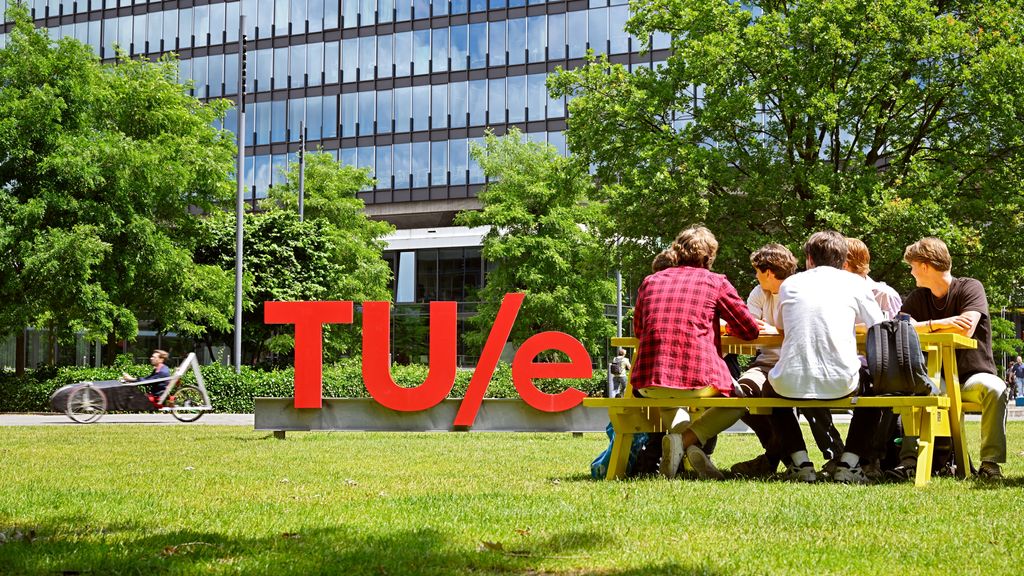News News•
-
Nando Castelin
Technology Editor
-
Nando Castelin
Technology Editor
The distribution of education funds from the “Beethoven Project” shows that educational institutions in the Netherlands collectively requested much more money than was available. This concerns study options within the MBO, HBO and WO where students are trained to work in the chip sector.
This totals 1.6 billion euros, while 450 million euros will be distributed. It is a particular disappointment for the regions of Twente, Groningen and Delft.
The money came after pressure from ASML, among others. The chipmaker had threatened to grow the company outside the Netherlands if there was no more support for various things, including hiring new talent. There was an investment push of up to $2.5 billion — partly from the government, partly from the province, the municipality and the business community. The money is therefore partly earmarked for education.
Received less than expected
“Everyone got less than expected,” special envoy Hans de Jong told NOS. “Brainport’s plans were closest to the amount they wanted. The demands of the other regions were much higher than the amount they received.” Brainport Eindhoven is a partnership between educational institutions, companies and governments (21 municipalities in total), aiming to develop technology.
De Jong is the former CEO of Philips Netherlands and has presented the plans for the educational institutions to the ministries of economic affairs and education. This was done before the outgoing ministers. The newly appointed ministers, Belgaerts and Bruins, must now decide on this.
They are positive about De Jong’s advice. The money will not be transferred immediately, and the regions must first come up with concrete plans. “If the plans are not (yet) of sufficient quality, it may be decided not to allocate resources (yet),” the ministers wrote in a letter to the House of Representatives. There is time until October to further refine the plans.
Region specific
De Jong points out that the money should really be used to benefit the talent in the chip sector that continues to operate in the region. “But in practice, many students are also expected to move into other industries. That’s not part of this mission. As a result, you see that the amounts requested are much larger than those actually granted.”
Brainport Eindhoven will receive 63 percent of the total amount of 275 million euros. Twente will follow with 72 million. Delft and Groningen will receive 43 million and 29 million euros respectively. The remaining 14 million is allocated to other regions. “The amount seems big, but it covers six years and is divided between different regions and courses,” stresses De Jong. “The parties must also be aware of that.”
The Twente region criticizes the results. Chairman Anke Bielefeld of the Twente board says in response that from their point of view “there is no question of a balanced distribution”. According to the Twente board, more talent is needed than the region can train with this money. “If ASML doubles, this also applies to companies in our region.”
Other areas
One area that is currently unnamed is Arnhem/Nijmegen. It has already tried to attract attention by talking about a “Chopin Project”. Discussions are now underway with Brainport Eindhoven to join it.
The question is how much money the region can count on. A source involved in the talks hopes for 10 percent – €45 million – based on the size of the region’s chip sector. Those plans have not yet been presented. Asked about the potential amount that the Arnhem/Nijmegen region has said it hopes to receive, special envoy De Jong said he did not know.





